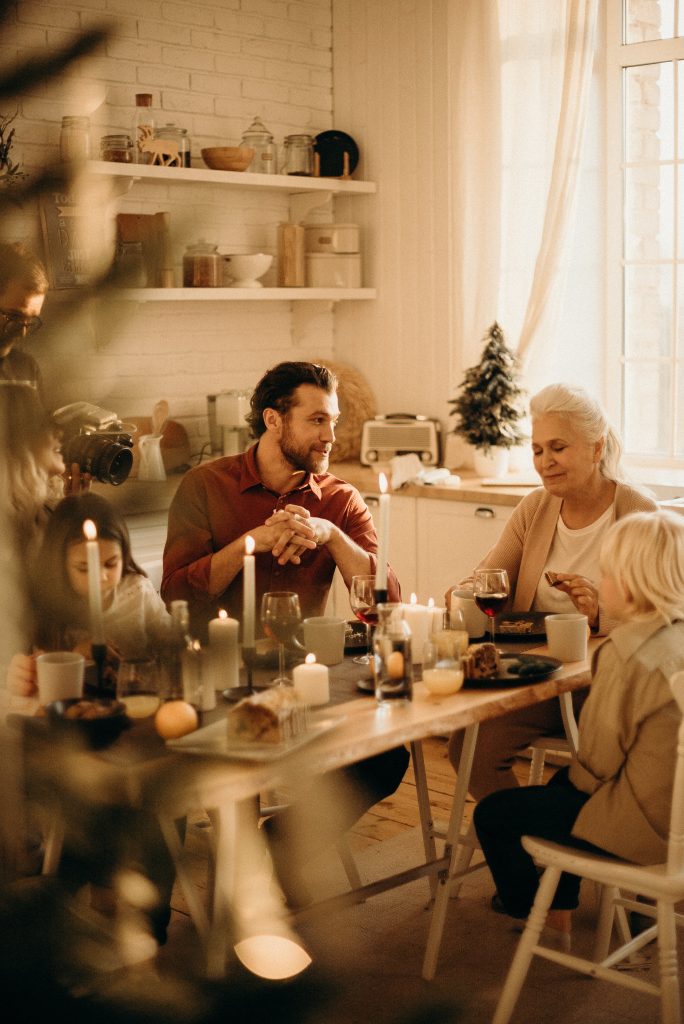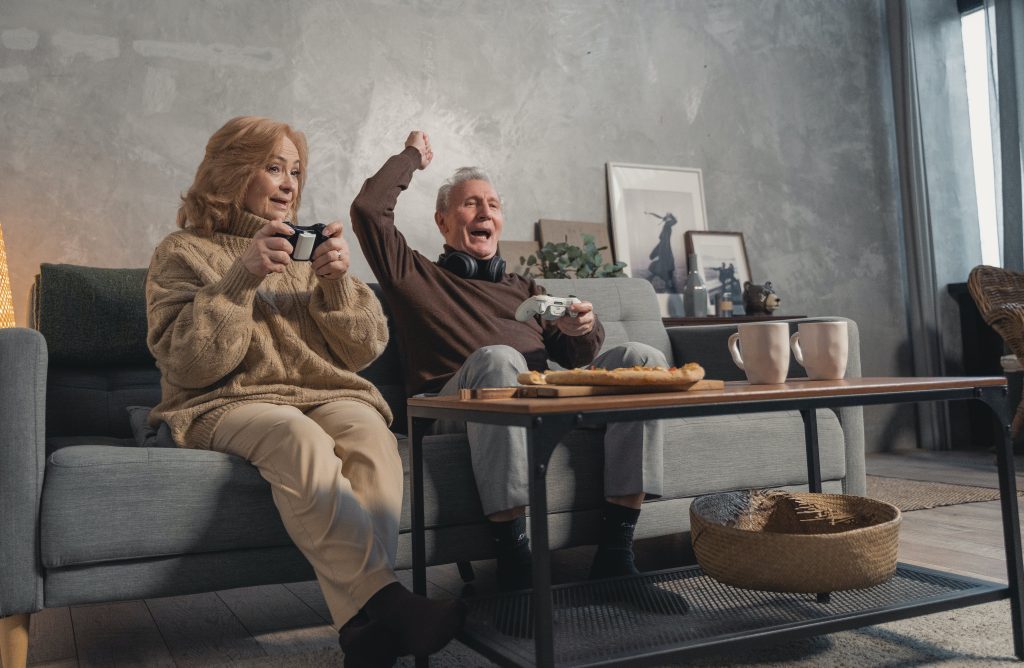Embracing Gratitude: Seniors and the Meaning of Thanksgiving

Thanksgiving is a special time of year when we come together to express gratitude for the blessings in our lives. While this holiday is often associated with family gatherings and feasts, it’s important to recognize the unique role that seniors play in embodying the true spirit of Thanksgiving. In this blog, we celebrate the wisdom, […]
The Effects of Cold Weather on the Elderly: How Babette Home Care Can Help

As winter approaches, it is essential to recognize the unique challenges that cold weather poses for the elderly population. From increased health risks to social isolation, the impact of cold weather on seniors should not be underestimated. In this blog, we will explore the effects of cold weather on the elderly and discuss how a […]
Successful communication with a person who has Alzheimer’s Disease

November is National Alzheimer’s Disease Awareness month. Babette Home Care offers a specialized program in Alzheimer’s and Dementia Care. Our experts share tips on successful communication with a person who has Alzheimer’s Disease.
